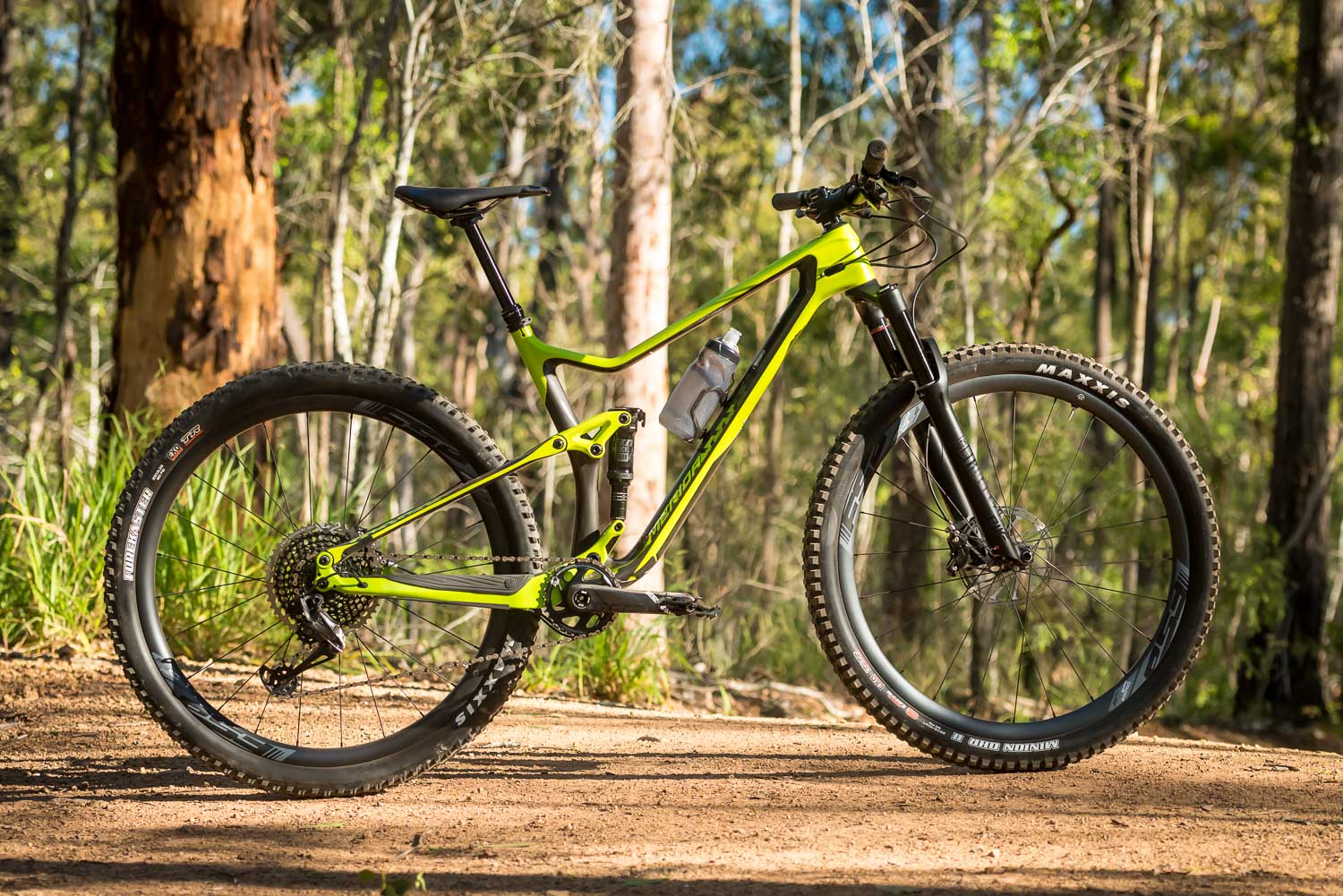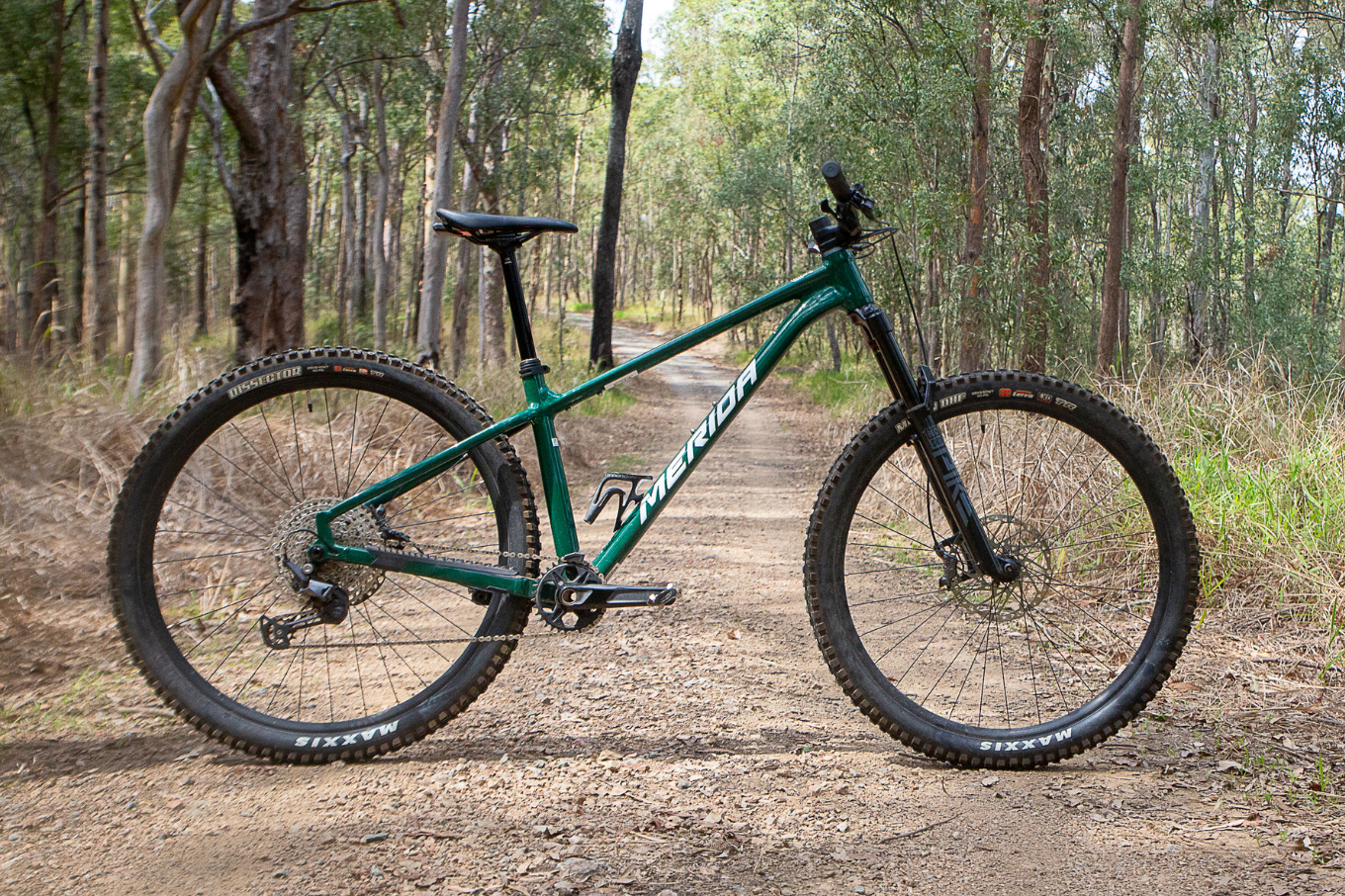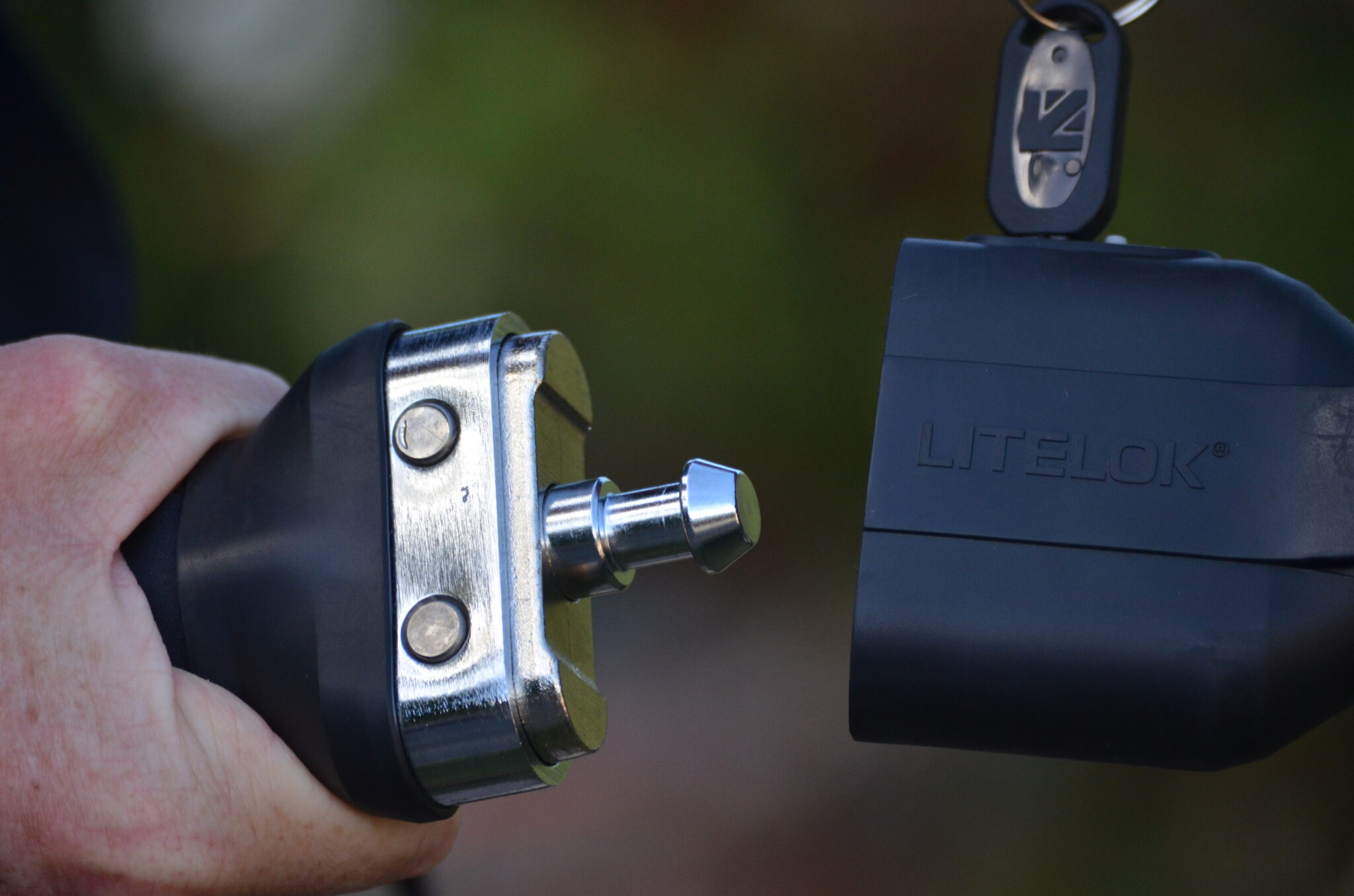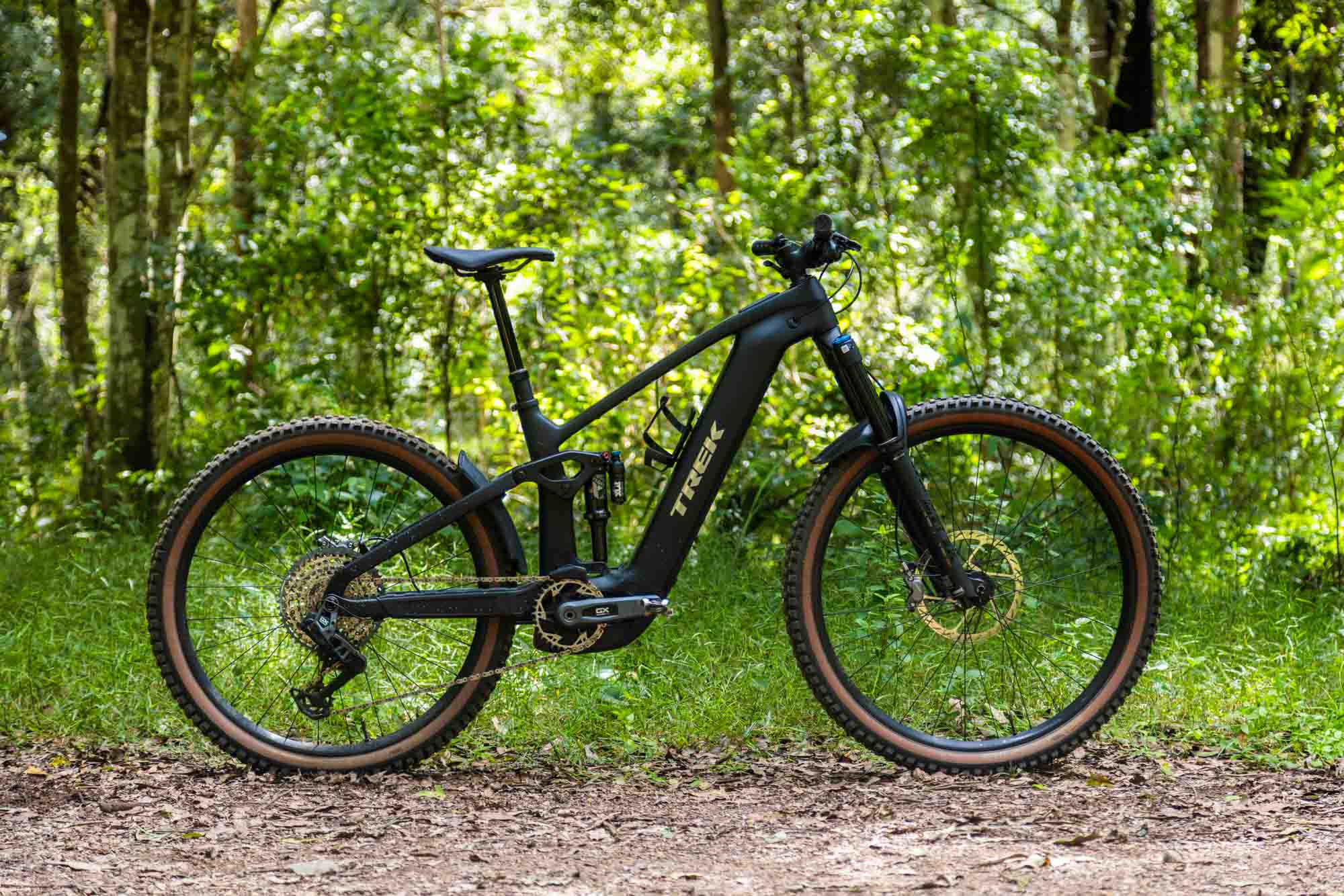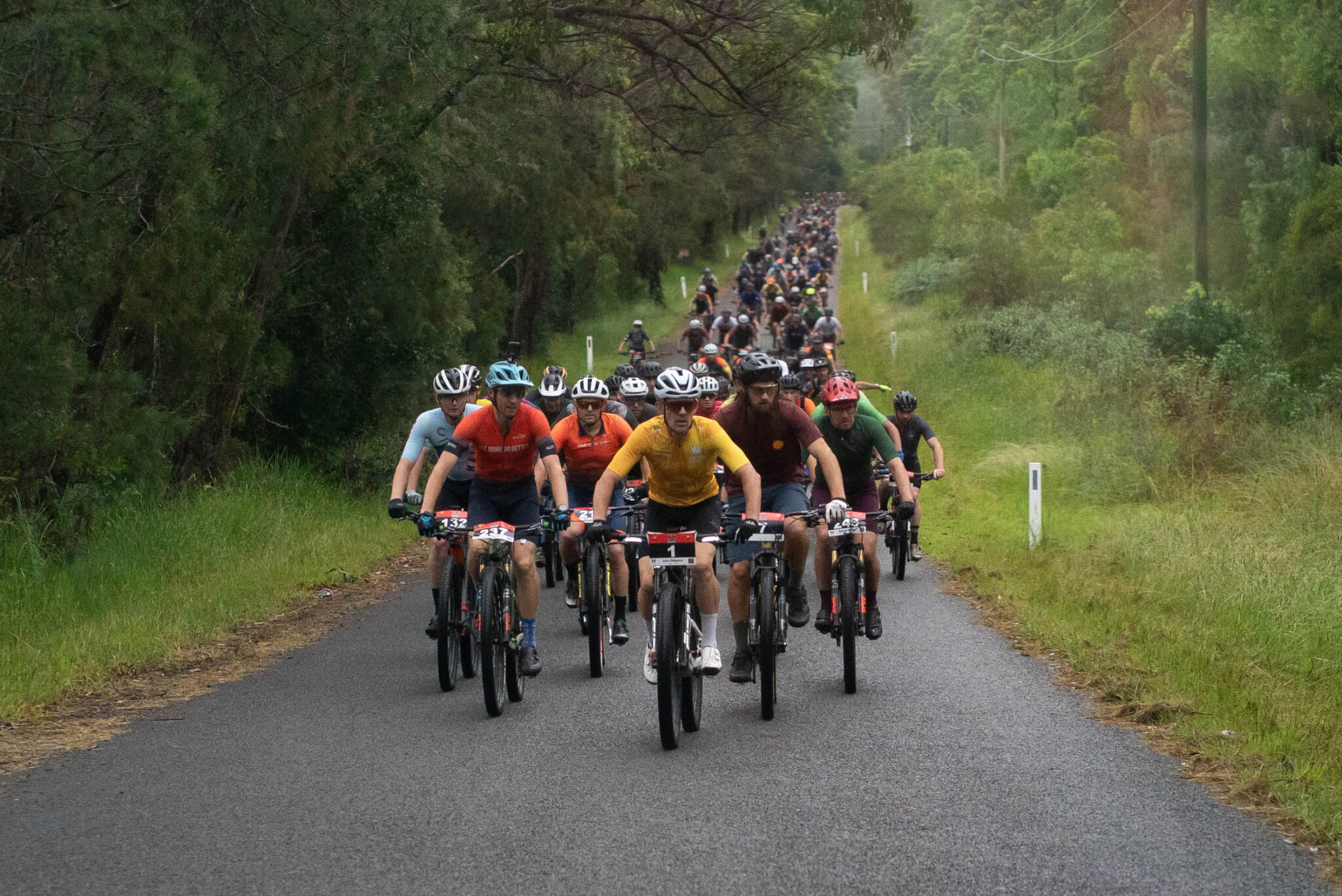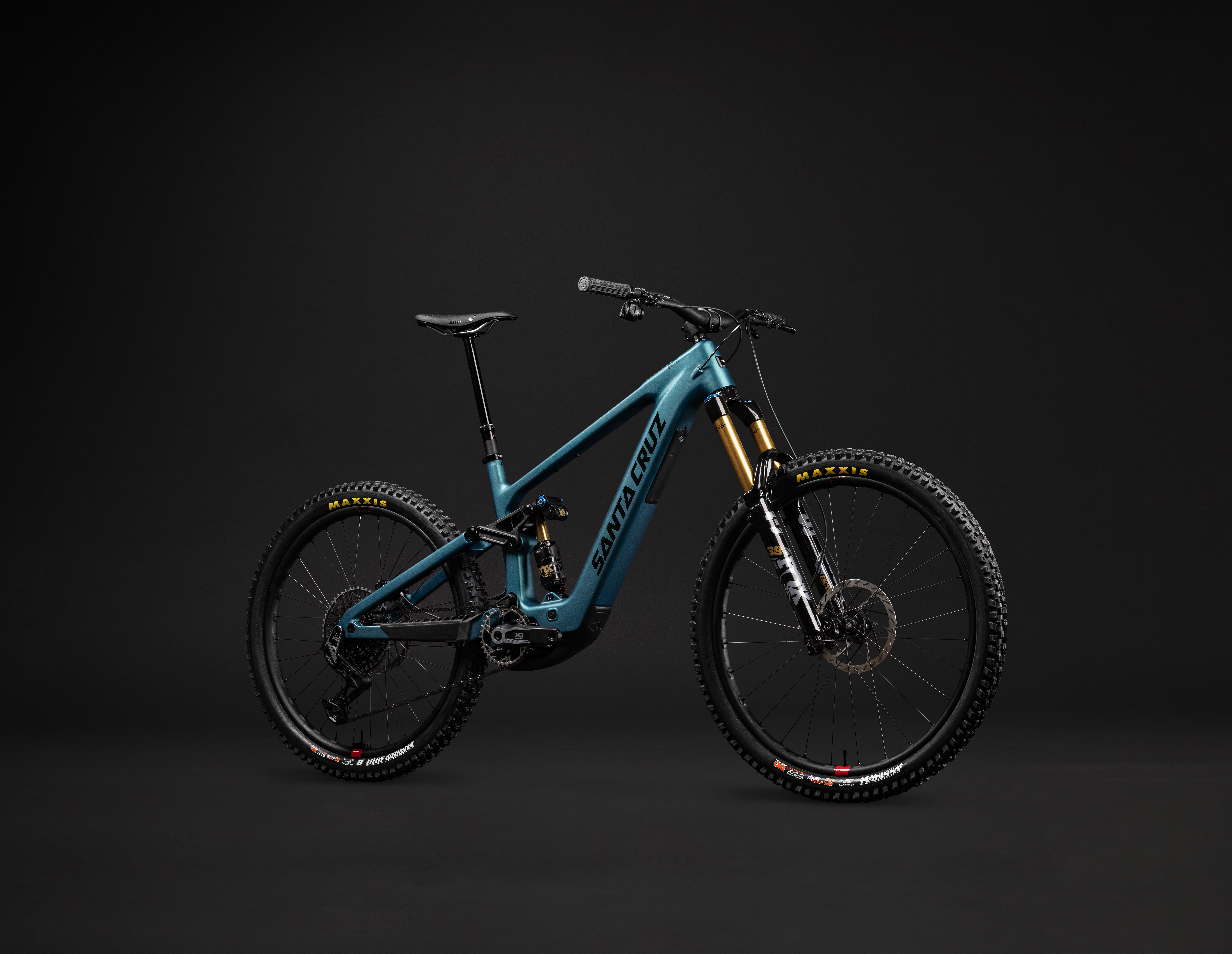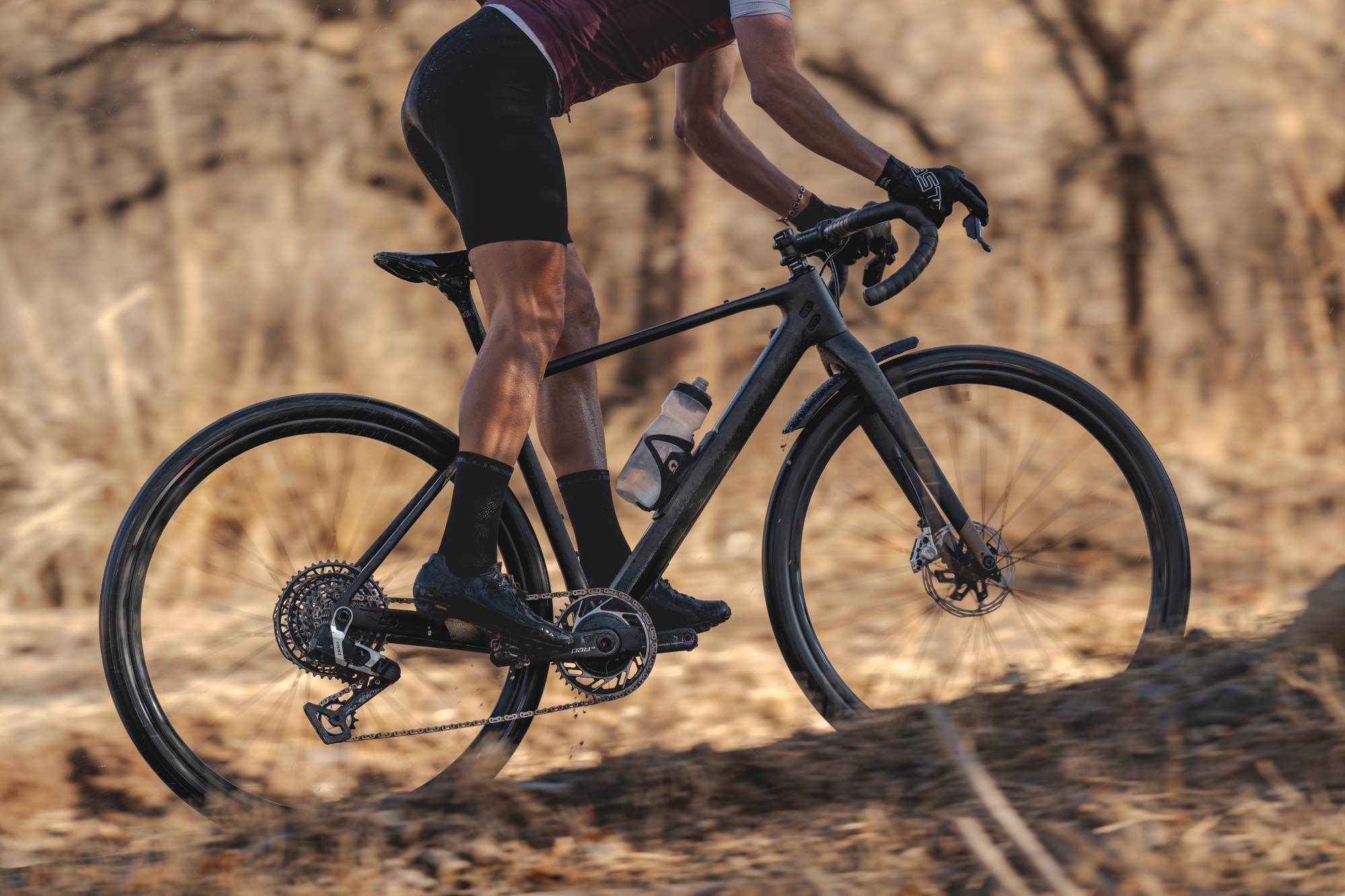Is 120mm the new 100mm?
With the likes of Jose Hermida winning the Cape Epic on a Merida OneTwenty - is more travel better for stage races?
Words: Richie Tyler | Photos: Lachlan Ryan
When José Hermida speaks, cynics had better clear the room. Eternally positive, if he tells you that 120mm of travel is the new 100mm, you’re inclined to believe him. Besides, in his distinctive rapid-fire mode of speaking, there’s rarely an opportunity to fit any objection in.
Adding credence to his assertion is the fact that he proved it. The effervescent Spaniard remains, now over 40, a force capable of taking out the incredibly competitive Masters category at the ABSA Cape Epic, which he did earlier this year aboard the Merida One Twenty alongside his teammate and compatriot Joaquin Rodriguez.
With Merida amongst a flood of brands introducing fast handling 120mm bikes to cater for (or perhaps create) a new niche somewhere between the trail and cross-country categories, and an explosion of interest in mass-participation events there’s suddenly plenty of room for pause on showroom floors around the world.
Now Hermida did tweak his bike a little. There was no dropper post, and the rear travel was actually knocked back to 100mm – probably with a custom shock. And the fork travel was 120mm via a Fox 34 SC. Some Merida OneTwenty models have 120mm travel, the 8000 has 130mm. So ok, that's not the same bike as the one we have – but much of the geometry and handling remains the same.
And to be honest, I did my own modifications – swapping the Maxxis Minion DHR and Forekaster out for a set of Pirelli Scorpion 2.2" tyres for a little less weight.
Lining up at the start line of this year’s Port to Port stage race with 120mm of RockShox suspension beneath me and 130mm of RockShox cush leading me out, I did wonder how the slacker head angle and longer wheelbase of the OneTwenty 8000 would suit what is ostensibly a quartet of cross-country races. Yet with 3,500m of climbing and a satisfying amount of singletrack, it was a perfect proving ground for latest offering from Merida’s German engineering team.
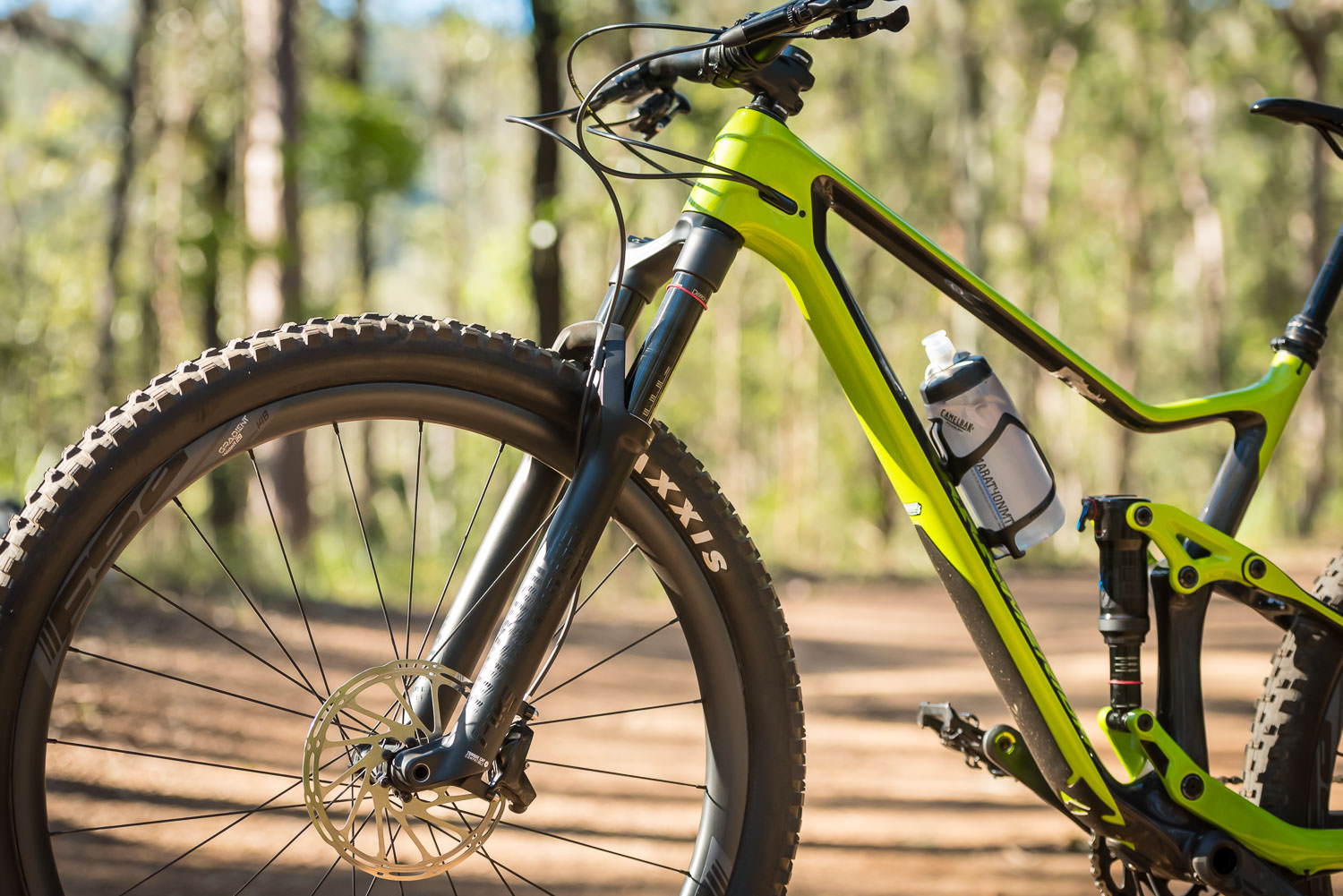
I’ll level with you here. I was never going to set the world on fire at Port to Port, and I certainly wasn’t going to emulate the Spaniards’ performance in Africa this past March. A flurry of punctures for my teammate on the opening stage served to relegate our starting position for the days the stages to follow.
But this was a blessing in disguise. With our egos firmly checked by the time we reached the finish of the opening stage, I was able then to enjoy every minute on the bike thereafter. Besides, with Hermida and Rodriguez having ably demonstrated the elite chops of the OneTwenty, I figured it was my duty to get view of it from a “far-less-than-superhuman” viewpoint.
The One Twenty is fun. There’s no other way to put it. With a carbon frame and 29” wheels, I paid only a marginal weight penalty over my teammate’s out-and-out XC dually. The OneTwenty goes uphill and stamps over fire roads as easily as you could hope. Point it downhill, and the confidence that extra 20mm of travel provides makes so much sense.
For the vast majority of us just out on course are there for the sheer thrill of it, having the feeling of being able to ride the most challenging parts of the course, be it at a stage race or just our local trails, creates the sort of feedback loops we’re out there searching for. I finished each day tired but excited to get back out on the OneTwenty the following stage, far more eager to test myself on the technical parts of the courses than I could recall before.
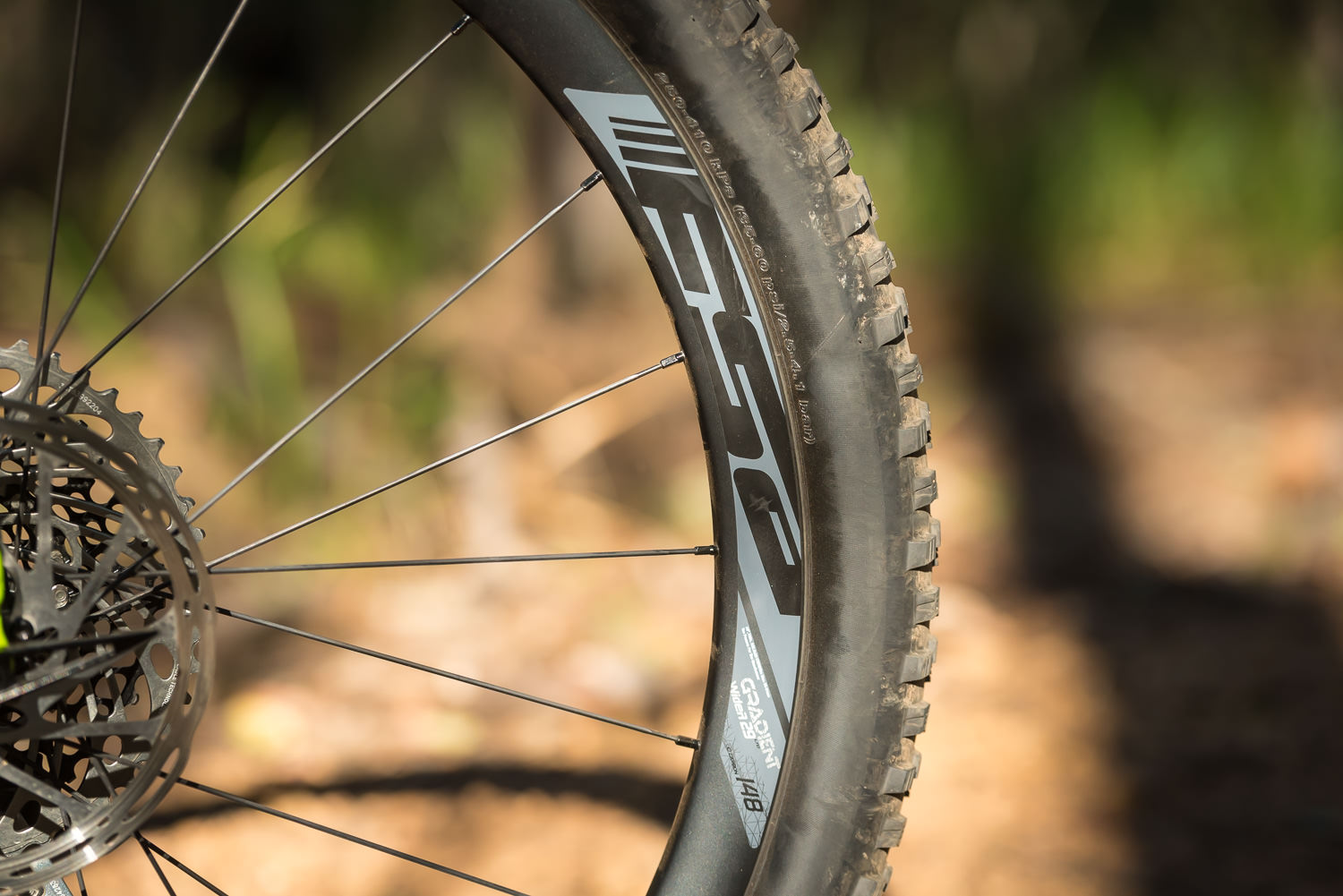
And from that perspective, as subjective as it may be, the move to 120mm is one many will love. Sure, you can qualify every aspect of the bike from angles to weights, but based on my experience those points are moot. It feels more fun.
As for 120mm being the new 100mm, it wasn’t that long ago the idea of a dual suspension bike at a cross country race was crazy. If José says 120 is the future, I’m inclined to respond si claro, amigo.
The Merida OneTwenty 8000 is being reviewed for Issue #176

